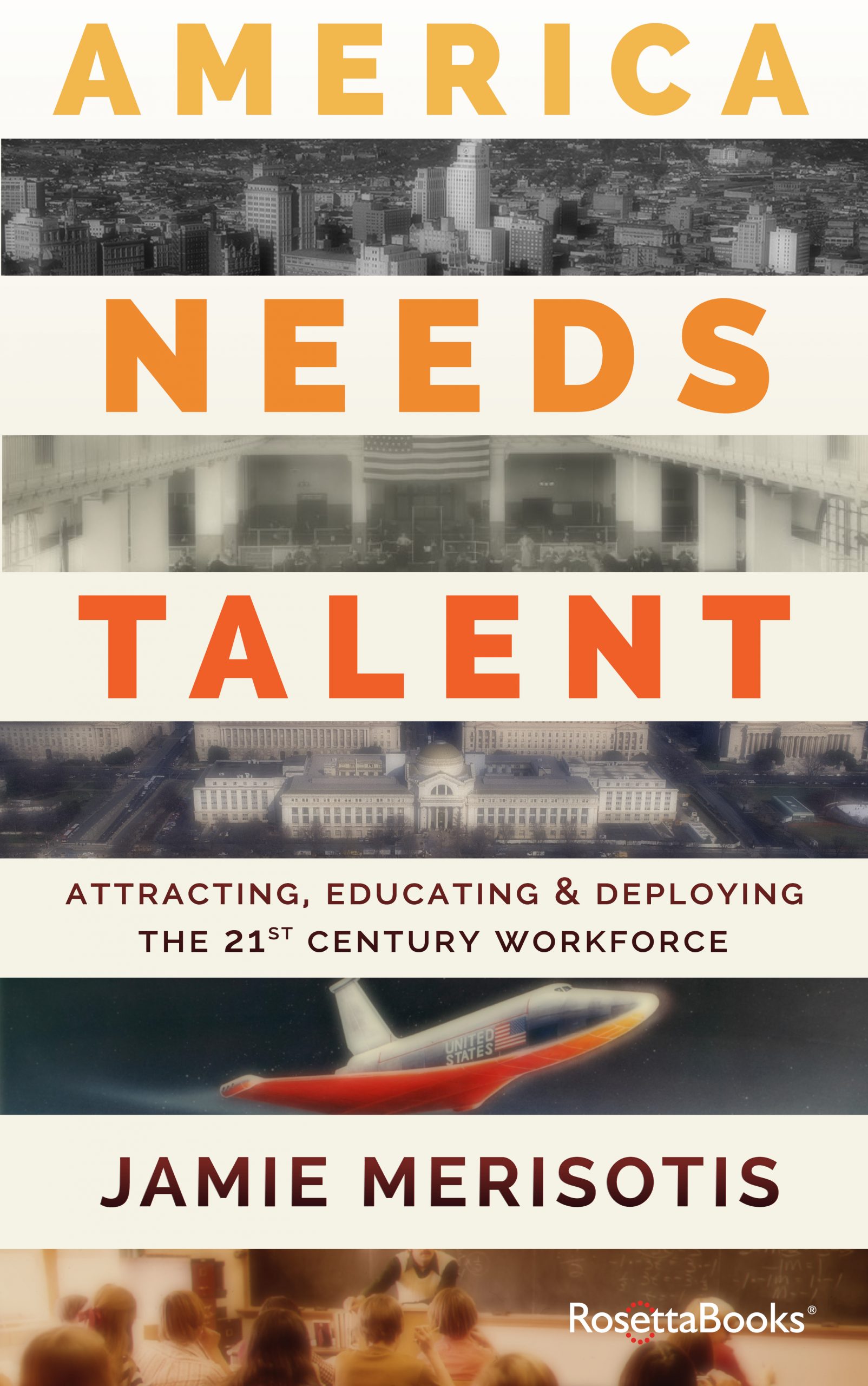This is because our livelihood is all in the knowledge economy. If people focus on creating human potential, we will have a positive outcome. Schools are the engineers of young people for urban life, to secure jobs, to give back to society, and think critically and objectively. The higher education act passed in 1965 was aimed at supporting low-income scholars and tertiary education institutions creating more opportunities for Americans to profit from the wisdom and skills picked up from the college degree. These measures were taken to drive the American perspective of prosperity by expanding the talent sector. So that the less-advantaged Americans can get the opportunity to grow and discover their talents. A hundred years ago, almost two-thirds of America’s mechanics were school dropouts. In today’s world, more than thirty percent attend universities and colleges. The true reality is that higher education is all that is needed for entry into the administration suite. The goal to guarantee that Americans hold educational credentials is based on the predictions that Georgetown University did revealing how big the US gap had to be to handle its talent needs.
The book talks about how there is a shortage of essential talents such as software technology, teaching, and mathematics. The main focus should be on diving back to growth and development by finding individuals that can propel and expand new methods of skills. The belief that we all belong to one nation, color, and mindset are not necessary. Diversity is Crucial in our country to strengthen the economy. America Needs Talent has undoubtedly hastened the country’s conversation across human benefit needs by emphasizing the importance of the matter while putting ahead advanced bold remedies for handling it.
Grandly, among Jamie Merisotis’ arguments is the idea that cities must define themselves as hearts of talents, by generating strategies for captivating the brightest and the best while guaranteeing homegrown citizens are competent with the knowledge and skills required for success. That is to say, talent nurturing isn’t drawing immigrants in, but also cultivating talent from bottom to top. That is a vital message to enable financial development leaders to decide boldly on making our nation competitive in the present-day economy. The biggest interest for the coming generation is securing the growth of workers with the credentials needed to meet the desires of talented workers. The gaps in talent and skills addressed in ‘America Needs Talent’ demand a way of solving critical issues in talent development.
